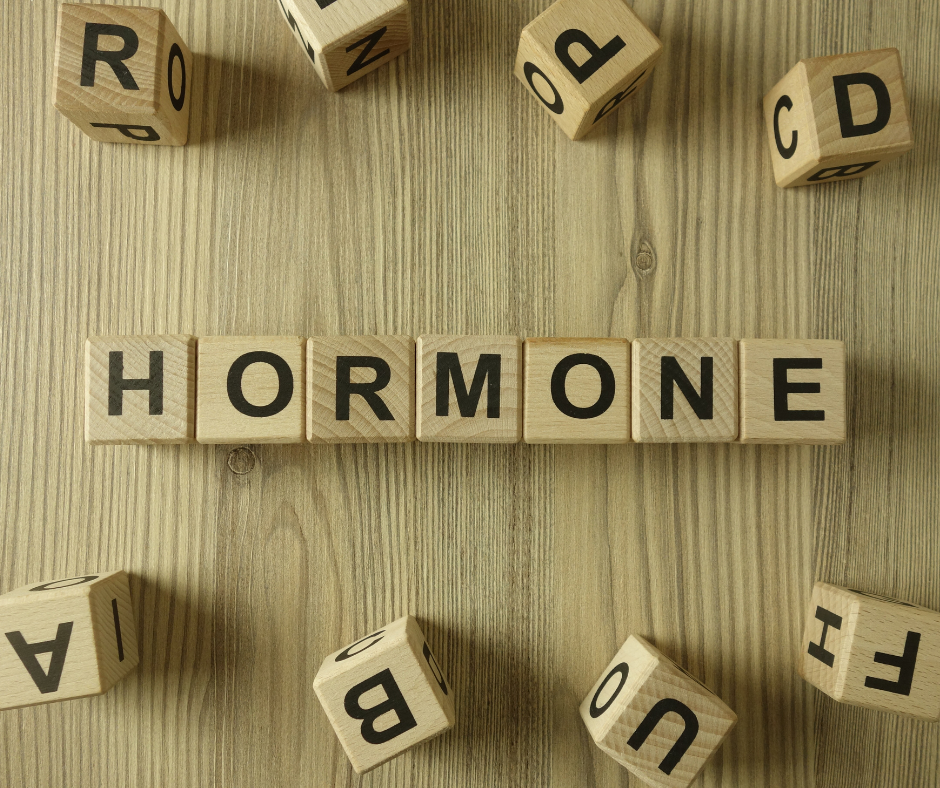Hormonal balance is a crucial aspect of women’s health, influencing everything from mood and energy levels to reproductive health. Achieving and maintaining this delicate equilibrium is key to overall well-being. In this guide, we will delve into the significance of hormonal balance, exploring its common causes, symptoms, and effective management strategies.
Common Causes
Several factors contribute to hormonal imbalances in women. Age is a significant player, with hormonal fluctuations during puberty, menstruation, pregnancy, and menopause. Chronic stress is another culprit, as the body’s response to stress can disrupt the normal hormonal rhythm. Medical conditions such as polycystic ovary syndrome (PCOS) or thyroid disorders can also impact hormonal balance. Understanding these causes is the first step toward addressing imbalances and promoting better health. If you suspect a hormonal issue, it’s essential to consult with a healthcare professional for a thorough assessment.
Symptoms and Impact
Recognizing the signs of hormonal imbalance is crucial for early intervention. Symptoms can manifest physically, such as irregular periods, weight gain, or skin issues, and mentally, leading to mood swings, anxiety, or fatigue. The impact of hormonal imbalance extends beyond the physical and emotional realms, affecting reproductive health, bone density, and cardiovascular health. Identifying these symptoms early empowers women to take proactive steps toward restoring balance and preventing potential long-term health complications.
Management Strategies
Addressing hormonal imbalances involves a multifaceted approach, combining lifestyle modifications, nutritional adjustments, and, in some cases, medical interventions.
- Lifestyle Changes: Incorporating regular exercise, stress management techniques, and sufficient sleep can positively influence hormonal balance.
- Nutrition: A well-balanced diet rich in essential nutrients, including omega-3 fatty acids, vitamins, and minerals, supports hormonal health. Specific foods can also target hormonal regulation, such as those rich in antioxidants or fiber.
- Medical Interventions: In cases where hormonal imbalances persist or are linked to underlying medical conditions, medical interventions may be recommended. This could include hormone replacement therapy or other targeted treatments.
What next?
If you’ve been experiencing symptoms of hormonal imbalance or simply want to prioritize your hormonal health, don’t hesitate to take the next step. Book a consultation with me to discuss your unique situation and explore personalized solutions tailored to your needs. Your journey to hormonal balance and overall well-being starts here.
Remember, understanding your body’s signals and taking proactive steps can make a significant difference in your quality of life. Book your consultation today and embark on a path towards optimal hormonal health.

